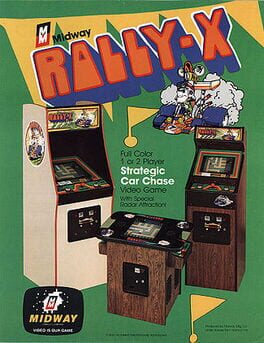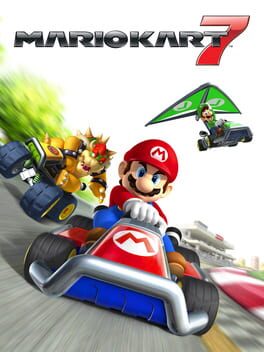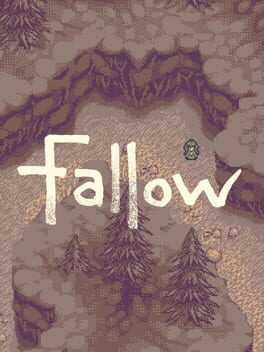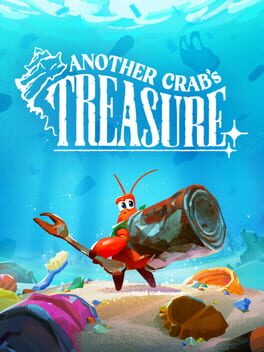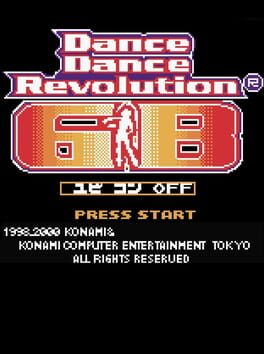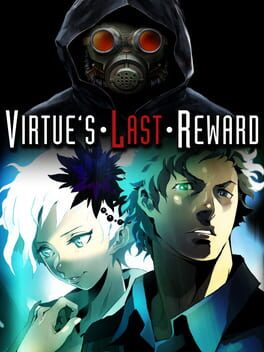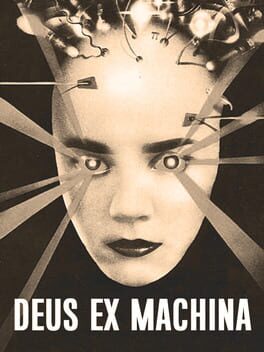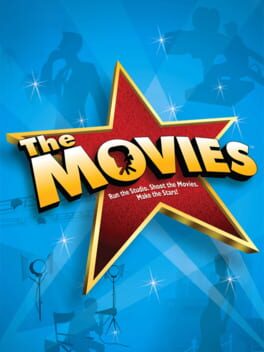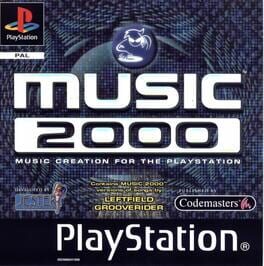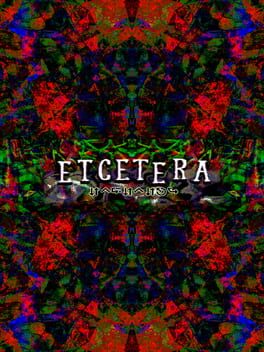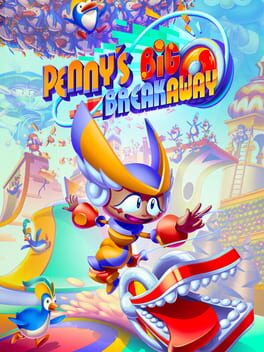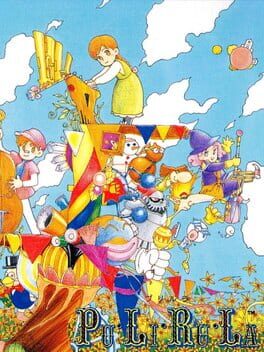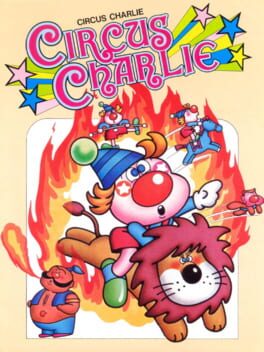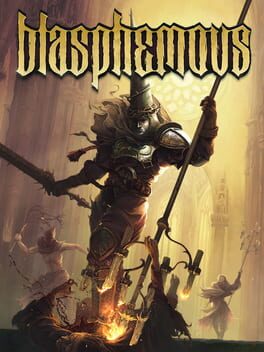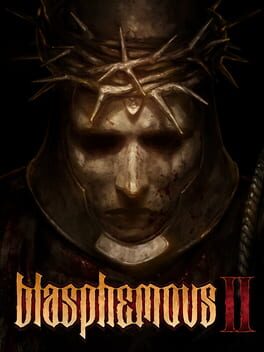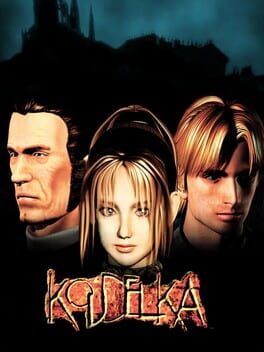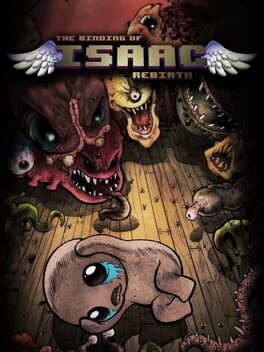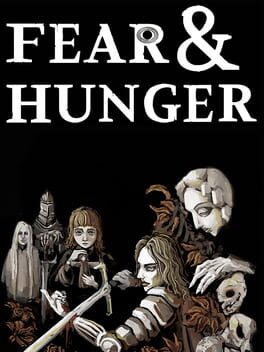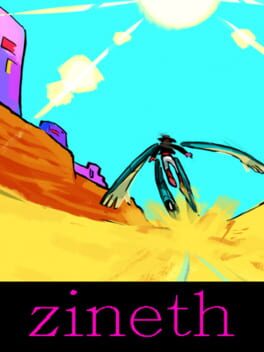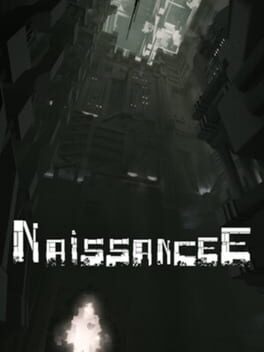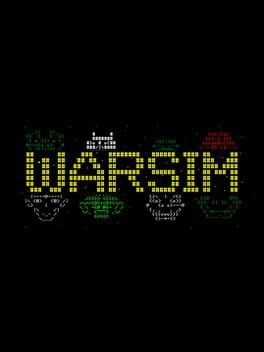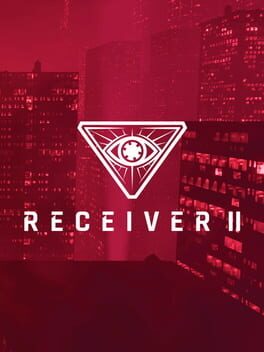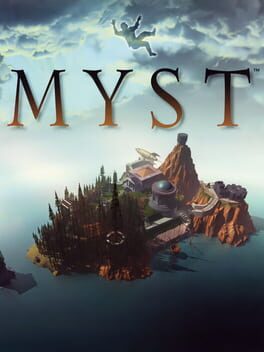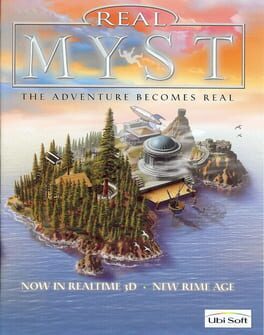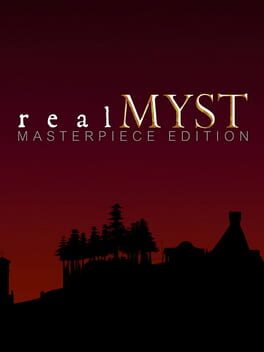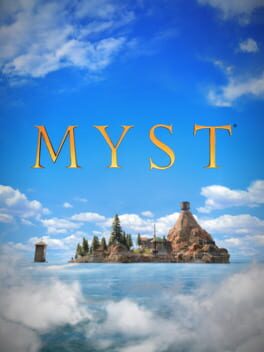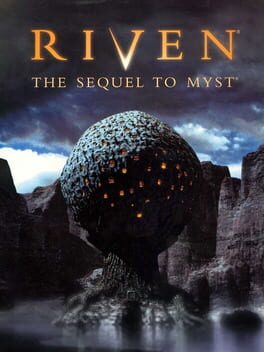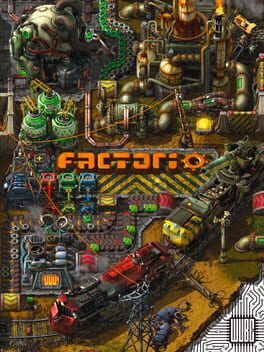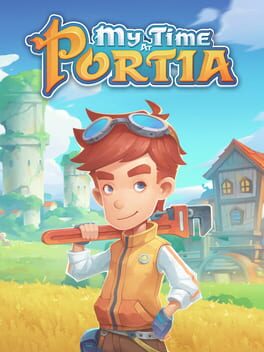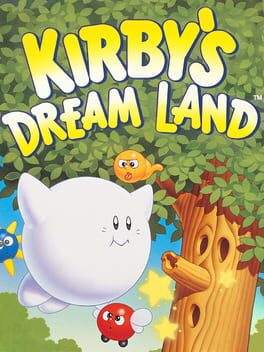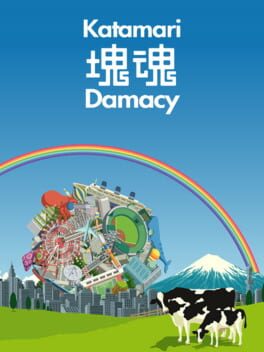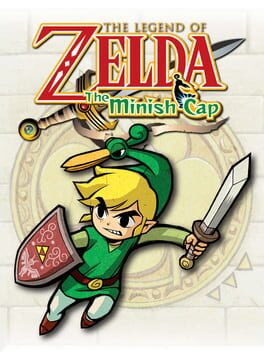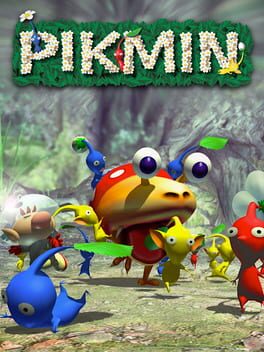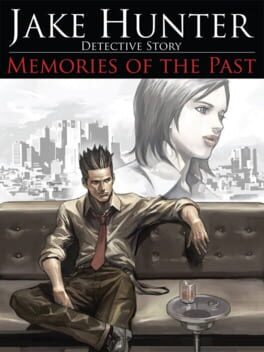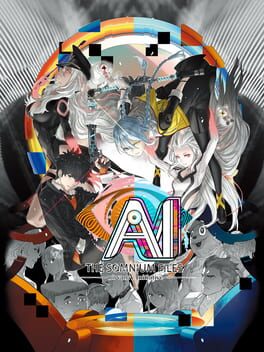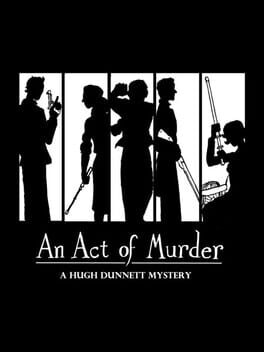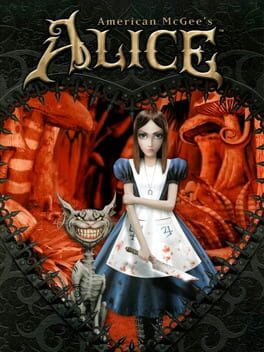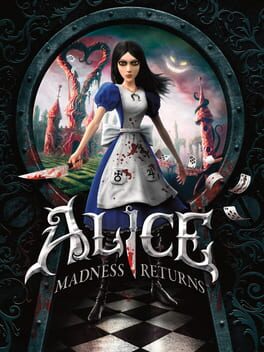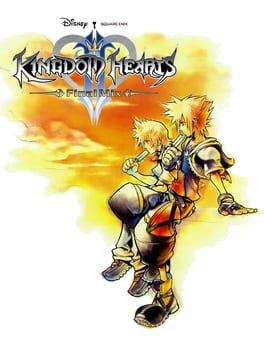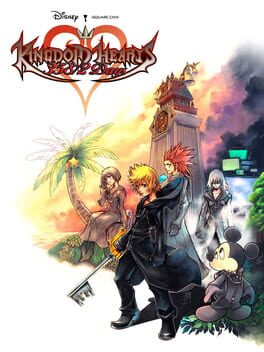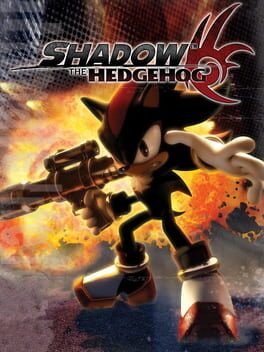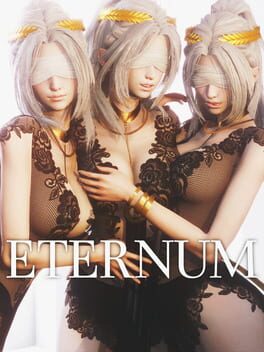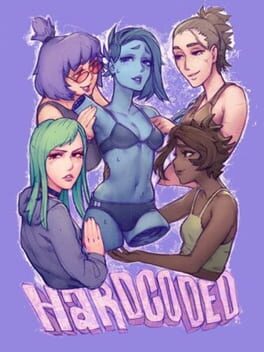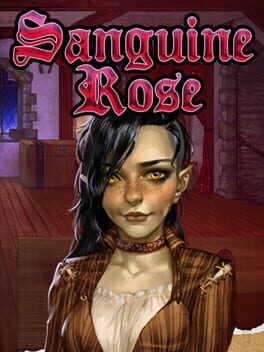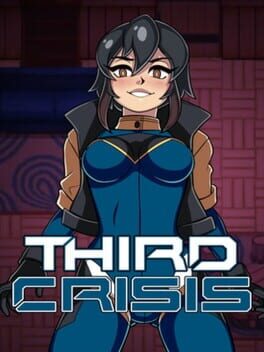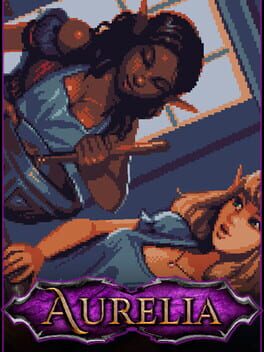Erato_Heti
3125 reviews liked by Erato_Heti
Rally-X
1980
Rally-X
1980
Mario Kart 7
2011
Edge
2008
the completed tag isnt exactly right but the game told me i completed the edge stages though i didnt unlock the final 3 and the expansion/bonus stages are expansion/bonus stages so i don't care. one of those games where all i can really muster is saying "Sure", besides pointing that though it's playable its movement is weird and unsatisfying. can't imagine who'd be going back for higher ranks in this game
Fallow
2021
we can talk in circles about the art that may have inspired fallow, we can waste time talking about the long lineage of story-driven rpgmaker games that led up to this behemoth; that won't stop fallow from haunting me.
it is infinitely more than another sob story or moody indie game. it is the metaphorical place where all of us who have been outcast from society reside, brought to physicality. stroll down the dusty hallways of the fallow residence and relive memories that are not yours - and yet they are ours.
when i hear the credits theme, "shame", i do not feel the remorse i so often do for characters i've loved or fictional worlds i had to leave behind; i feel something watching me over my shoulder. a comforting kind of sadness that will cocoon me even as everything i loved crumbles away.
on the wall above my desk rests these words: "my sisters and i had a secret wish to die in a place that cared for us". i think i will remember them in those final moments.
it is infinitely more than another sob story or moody indie game. it is the metaphorical place where all of us who have been outcast from society reside, brought to physicality. stroll down the dusty hallways of the fallow residence and relive memories that are not yours - and yet they are ours.
when i hear the credits theme, "shame", i do not feel the remorse i so often do for characters i've loved or fictional worlds i had to leave behind; i feel something watching me over my shoulder. a comforting kind of sadness that will cocoon me even as everything i loved crumbles away.
on the wall above my desk rests these words: "my sisters and i had a secret wish to die in a place that cared for us". i think i will remember them in those final moments.
There’s so many good things to say about Another Crab’s Treasure. The humor, the bright colors, fun soundtrack, the leaning into the platforming while still being a tough game, and the fact that it’s a soulslike but comes with enough accessibility options to allow the player to engage with it on their own terms. It also has such a heartfelt and earnest story about a little crab who learns about capitalism and hates everything about it ❤️🦀
Plot synopsis/analysis: https://youtu.be/WPYuFzeq6C0
Plot synopsis/analysis: https://youtu.be/WPYuFzeq6C0
I commend their efforts to try and convert DDR to the game boy color, but there's not a lot here. The setlist is comprised of various songs from DDRs 1 and 2 converted to work on the game boy color's sound chip, and honestly the music isn't bad. Sometimes it sounds a bit shrill, but for the most part my preexisting knowledge of the songs from the main games was able to fill in the blanks left by the chiptune covers. There are even more songs here than the first DDR game so that's also something.
My main problem here is the control scheme, but I can't really fault anything but the system that this is on for that. Due to the fact you can't push opposite cardinal directions on a D-pad plus the GBC only having 2 face buttons it do mean that A is right and B is up and u just gotta play it like that. They did make a finger-sized pad that can go over the GBC, bless their heart, but it still probably isn't the most optimal IMO. And yes, I was insane enough to try hooking this up to the gamecube game boy player to see if I could play it with a gamecube DDR pad. It unfortunately didn't work as the game still doesn't know how to detect both cardinal directions from the D-pad at the same time. Can't really fault them for that one ngl.
I guess the point of this is to practice the rhythmic patterns and maps for various DDR songs so that you can eventually execute at the arcade/home versions? There isn't a training mode and the resolution and scroll speed are pretty low without any way to change it, and you can't even use the note color choice to improve readability, so it's kinda lame in that regard too. The combo counter also renders above the notes which makes reading even harder.
overall yea I commend them for trying but there really don't be much reason to play this. perhaps it would be fun to emulate to adjust controls to match a dance pad to get some 8-bit DDR and perhaps the sequels make it a better practice tool, but overall this first entry is just a novelty and nothing much else
My main problem here is the control scheme, but I can't really fault anything but the system that this is on for that. Due to the fact you can't push opposite cardinal directions on a D-pad plus the GBC only having 2 face buttons it do mean that A is right and B is up and u just gotta play it like that. They did make a finger-sized pad that can go over the GBC, bless their heart, but it still probably isn't the most optimal IMO. And yes, I was insane enough to try hooking this up to the gamecube game boy player to see if I could play it with a gamecube DDR pad. It unfortunately didn't work as the game still doesn't know how to detect both cardinal directions from the D-pad at the same time. Can't really fault them for that one ngl.
I guess the point of this is to practice the rhythmic patterns and maps for various DDR songs so that you can eventually execute at the arcade/home versions? There isn't a training mode and the resolution and scroll speed are pretty low without any way to change it, and you can't even use the note color choice to improve readability, so it's kinda lame in that regard too. The combo counter also renders above the notes which makes reading even harder.
overall yea I commend them for trying but there really don't be much reason to play this. perhaps it would be fun to emulate to adjust controls to match a dance pad to get some 8-bit DDR and perhaps the sequels make it a better practice tool, but overall this first entry is just a novelty and nothing much else
It feels mean to compare this to its predecessor but Virtue's Last Reward just doesn't have the sheer joy and thrill that Nine Hours, Nine Persons, Nine Doors had. Its lore simultaneously wants to develop and exacerbate the insanity that 999 spent slowly unspooling, but it doesn't want to approach that level of multifaceted storytelling with nearly the same drama or heightened sense of panic. When I learned of a new element within the story, I didn't feel as strong of a sense of bewilderment or clairvoyance-level realization, but rather a sense of mild satisfaction. That's the thing that gets me about this game, I suppose: It works, but it doesn't tug at my emotions as much as 999 did. The chaos is ramped up but it just doesn't feel as urgent or interesting.
The character drama in particular is maybe my biggest gripe with the game overall. Every conversation is considerably longer and more quippy at the cost of information density, there's this sense of irreverence that feels extremely out of place. Of course, you could blame this on the advent of the Danganronpa franchise and its mockery in the face of certain death, but that series has its moments to refrain from indulging in its hypersexuality and humor in service of a bigger idea that climbs towards a hostile thriller screenplay. Additionally, the irreverence is used to help build onto the dread—were it not for Monokuma's complete and utter disregard for his subjects' lives, there'd be less panic among them.
The characters in VLR, on the other hand, are poised to joke and shove corny banter in nearly every conversation given enough time, such that it stands to kill a lot of the intensity that the holistic story builds. I would much rather a short, important conversation than a long one that stands to remove any given amount goodwill I have for the main characters. This lack of brevity is also not helped by the gargantuan amount of time that it takes between various novel segments, showcasing a very annoying dot moving across the map for every single possible migration of the characters. At a certain point in my playthrough, I started scheduling for these intermissions and texting friends over actually trying to remain immersed with a medium that ejected me from immersion to begin with.
That's not to say it's a bad game, far from it—once again in no small part to the thoughtful escape room design employed with a similar (but not exact same) grace as its predecessor. The increase in difficulty is something I rather appreciate, even if it comes at the cost of breaking immersion sometimes. I especially appreciate the safe system, though it has its drawbacks with certain room-end puzzles. The broader story itself, divorced from being attached to the game and the individual writing choices I dislike, is excellent scaffolding around the original lore that 999 set up. It's just a shame that this story had to shake out this way, because as a game it fails to excite me beyond its lore and individual chambers.
EDIT, 23-MARCH-2024:
My neglect to mention the very casual misogyny present in this game is starting to bug me greatly, so allow me to comment on the reality that Sigma and the rest of the characters either are victims or enablers of horrific womanizing. In a shocking departure from 999's relatively minute jokes about sexuality that are unimportant, minor facets of individual characters only appearing once or twice, Virtue's Last Reward takes the bold move to make Sigma a sexual harasser. In every possible route, he is poised to interact with at least one of the female characters with a variety of dehumanizing and, frankly, horrible sex pestery. He even remarks that Clover (who in VLR is small and skinny but an adult) is seemingly jailbait.
Misogynist characters are not inherently detrimental to a story if it is done with the tact and angling that it deserves. I hold the idea that depiction is not necessarily endorsement of the depicted. However, VLR's main character being an incessantly horny poon-hound who can be led to do just about anything with the promise of someone's panties getting stripped off is so irritating after 20 hours of playing the game that it ceases to be worthwhile as a facet of a character worth exploring. There is no benefit to it in this story.
The character drama in particular is maybe my biggest gripe with the game overall. Every conversation is considerably longer and more quippy at the cost of information density, there's this sense of irreverence that feels extremely out of place. Of course, you could blame this on the advent of the Danganronpa franchise and its mockery in the face of certain death, but that series has its moments to refrain from indulging in its hypersexuality and humor in service of a bigger idea that climbs towards a hostile thriller screenplay. Additionally, the irreverence is used to help build onto the dread—were it not for Monokuma's complete and utter disregard for his subjects' lives, there'd be less panic among them.
The characters in VLR, on the other hand, are poised to joke and shove corny banter in nearly every conversation given enough time, such that it stands to kill a lot of the intensity that the holistic story builds. I would much rather a short, important conversation than a long one that stands to remove any given amount goodwill I have for the main characters. This lack of brevity is also not helped by the gargantuan amount of time that it takes between various novel segments, showcasing a very annoying dot moving across the map for every single possible migration of the characters. At a certain point in my playthrough, I started scheduling for these intermissions and texting friends over actually trying to remain immersed with a medium that ejected me from immersion to begin with.
That's not to say it's a bad game, far from it—once again in no small part to the thoughtful escape room design employed with a similar (but not exact same) grace as its predecessor. The increase in difficulty is something I rather appreciate, even if it comes at the cost of breaking immersion sometimes. I especially appreciate the safe system, though it has its drawbacks with certain room-end puzzles. The broader story itself, divorced from being attached to the game and the individual writing choices I dislike, is excellent scaffolding around the original lore that 999 set up. It's just a shame that this story had to shake out this way, because as a game it fails to excite me beyond its lore and individual chambers.
EDIT, 23-MARCH-2024:
My neglect to mention the very casual misogyny present in this game is starting to bug me greatly, so allow me to comment on the reality that Sigma and the rest of the characters either are victims or enablers of horrific womanizing. In a shocking departure from 999's relatively minute jokes about sexuality that are unimportant, minor facets of individual characters only appearing once or twice, Virtue's Last Reward takes the bold move to make Sigma a sexual harasser. In every possible route, he is poised to interact with at least one of the female characters with a variety of dehumanizing and, frankly, horrible sex pestery. He even remarks that Clover (who in VLR is small and skinny but an adult) is seemingly jailbait.
Misogynist characters are not inherently detrimental to a story if it is done with the tact and angling that it deserves. I hold the idea that depiction is not necessarily endorsement of the depicted. However, VLR's main character being an incessantly horny poon-hound who can be led to do just about anything with the promise of someone's panties getting stripped off is so irritating after 20 hours of playing the game that it ceases to be worthwhile as a facet of a character worth exploring. There is no benefit to it in this story.
Musical Accompaniment
A multi-media experience so expansive and revolutionary it had to be put on TWO tapes.
In all seriousness though, I think most descriptions of this draw a weird line of comparison with trying to match it to one specific medium. You'll see the odd person say that this is an "interactive music video" or an "interactive movie" — I don't think either of those completely make this make sense.
Deus Ex Machina primarily consists of various scenes you can interact with set to an accompanying album which features vocal and musical accompaniment, loosely putting together a story reminiscent of the Shakespearean 'As You Like It'. The seven stages of a 'defect' in an allegorical science-fiction world woefully painted with the fantastical and broad strokes you would expect in British popular media, complete with theatrical music and story beats you'd expect from mainland Britain post-The Wall.
For the most part, you are a bystander without much agency towards the situation at hand, a single square bunch of pixels only goading other pixels to bounce off you or simply waiting idly by as a percentage meter ever so slowly drains from 100% until 0%. Perhaps a lump of molecules that sees existence as a recycled cell, interacting with new parts of the body. One moment a simple muscle cell in the neck so the newborn can let out its first roaring cry, the other a brain cell for coordinating jumps across barbed wire while connecting your physical efforts to political motivation.
In this sense, the protagonist of Deus Ex Machina is equal to most fleshed human. We are born, we live for a belief, we evolve it over time, and we die having moved and changed to the point of sheer unrecognizability. Even the traumatic probing and prodding by police and military commanders echo the lived experiences of minorities who never got to live a 'normal life', one unhampered by brutality. The only thing that truly changes is how we, the audience, view it. To us, we simply see numbers ticking down on a screen. To the protagonist, it is years gone by in an instant.
'Imagine if this were nothing but an electronic game. Your life is expressed as a percentage score. Observe the percentage. Your score changes.'
A multi-media experience so expansive and revolutionary it had to be put on TWO tapes.
In all seriousness though, I think most descriptions of this draw a weird line of comparison with trying to match it to one specific medium. You'll see the odd person say that this is an "interactive music video" or an "interactive movie" — I don't think either of those completely make this make sense.
Deus Ex Machina primarily consists of various scenes you can interact with set to an accompanying album which features vocal and musical accompaniment, loosely putting together a story reminiscent of the Shakespearean 'As You Like It'. The seven stages of a 'defect' in an allegorical science-fiction world woefully painted with the fantastical and broad strokes you would expect in British popular media, complete with theatrical music and story beats you'd expect from mainland Britain post-The Wall.
For the most part, you are a bystander without much agency towards the situation at hand, a single square bunch of pixels only goading other pixels to bounce off you or simply waiting idly by as a percentage meter ever so slowly drains from 100% until 0%. Perhaps a lump of molecules that sees existence as a recycled cell, interacting with new parts of the body. One moment a simple muscle cell in the neck so the newborn can let out its first roaring cry, the other a brain cell for coordinating jumps across barbed wire while connecting your physical efforts to political motivation.
In this sense, the protagonist of Deus Ex Machina is equal to most fleshed human. We are born, we live for a belief, we evolve it over time, and we die having moved and changed to the point of sheer unrecognizability. Even the traumatic probing and prodding by police and military commanders echo the lived experiences of minorities who never got to live a 'normal life', one unhampered by brutality. The only thing that truly changes is how we, the audience, view it. To us, we simply see numbers ticking down on a screen. To the protagonist, it is years gone by in an instant.
'Imagine if this were nothing but an electronic game. Your life is expressed as a percentage score. Observe the percentage. Your score changes.'
Super Mario 64
1996
475 lists liked by Erato_Heti
by trailerwaif |
5 Games
by DeviMetric |
40 Games
by DeviMetric |
46 Games
by DavidVideo |
8 Games
by rocketdentures |
20 Games
by Mayzie |
28 Games
by yorasoraa |
23 Games
